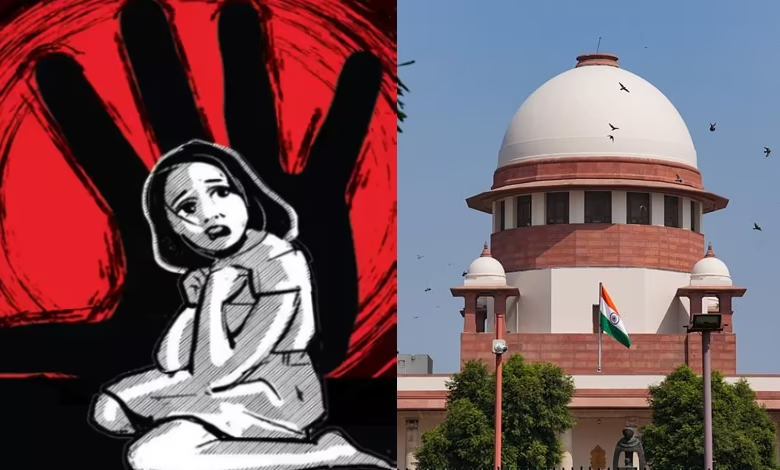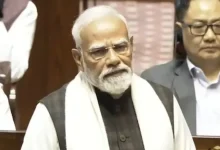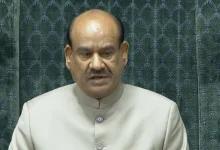
New Delhi: The Supreme Court is set to hear a suo motu case today regarding an Allahabad High Court decision that has sparked widespread controversy over the definition of rape. The matter will be examined by a two-judge bench comprising Justice BR Gavai and Justice Augustine George Masih.
On Tuesday, the apex court initiated the suo motu proceedings after the Allahabad High Court dismissed a public interest litigation that challenged the contentious remark. The debate intensified following comments by an Allahabad High Court judge who stated that “mere” grabbing of a minor’s breasts and pulling the string of her pyjama does not constitute rape or an attempt thereof. This observation drew severe criticism from political figures and legal experts alike, who argued that such remarks undermine public confidence in the judiciary and call for greater judicial restraint.
Supreme Court Dismisses the Plea
The suo motu action comes just days after the Supreme Court rejected a public interest litigation that sought to remove the disputed statement from the judgment. The PIL had also requested the issuance of guidelines to curb judges from making similar controversial comments in the future.
What Did the Allahabad HC Judge Say on Rape?
On March 17, the Allahabad High Court ruled that “mere” acts of grabbing a minor’s breasts and tugging at the string of her pyjama do not amount to rape or an attempt to rape. However, the court clarified that such conduct could fall under assault or the use of criminal force against a woman with the intent to disrobe or expose her. The judge observed that these actions alone were insufficient to prove a determined intent to rape, noting that no further acts indicative of a desire to commit rape were found in the record.
This ruling was delivered by Justice Ram Manohar Narayan Mishra in response to a revision petition filed by two individuals contesting an earlier order by a Special Judge in Kasganj. According to the case details, on November 10, 2021, around 5:00 pm, an informant returning from her sister-in-law’s residence with her 14-year-old daughter encountered three accused individuals—Pawan, Akash, and Ashok—on a muddy road. Pawan offered to give a lift to the minor, and during the ride, the accused allegedly began inappropriately touching the girl. When witnesses intervened upon hearing the minor’s cries, the accused fled after threatening them with a country-made pistol.
After reviewing the evidence, the court noted that while the allegations stated that Pawan and Akash grabbed the victim’s breasts and that Akash attempted to pull down her lower garment by breaking its string, there was insufficient evidence to conclude that the accused had a firm intent to commit rape. The court stressed that for an attempt to rape charge to hold, the actions must reflect a degree of determination that goes beyond mere preparation.
It was further noted that there was no evidence or witness statement indicating that the victim was undressed as a result of these actions, nor was there any suggestion of a penetrative sexual assault. As such, the court determined that the facts only justified a charge of assault under Section 354(b) of the IPC for acts involving an intent to disrobe or expose a woman, as well as provisions under Section 9 of the POCSO Act addressing aggravated sexual assault on a child.
The controversial judgment has ignited a broader discussion about judicial interpretations of rape and the criteria for determining an attempt to commit the crime, prompting the Supreme Court’s intervention to address public concerns and clarify legal standards.
((With PTI inputs)




